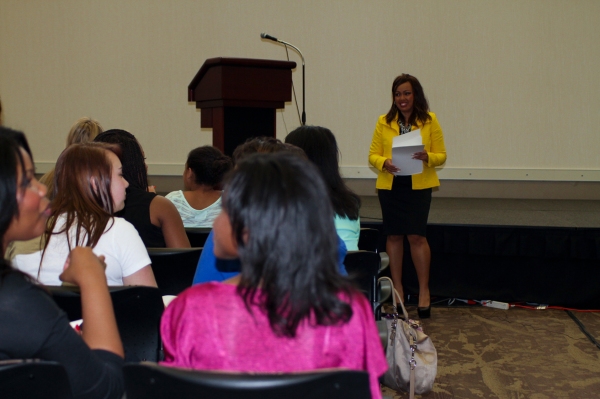October is National Bullying Prevention Month, and, while most of the attention concerning the topic focuses on children in schools, adult bullying is a serious issue too. Bullying is an abusive behavior that involves intimidation and aggression with the bully’s intention to control another individual. The behavior is often repeated and habitual. The objective is to dominate and show some form of power psychologically, socially and/or physically.
Often times people only think of bullying within the context of children in schools. While that is an ongoing issue that needs attention there are adults who are bullied that need to have their voices heard too. Manipulative adults abuse in many of the ways children do. However, it happens within the context of family, workplace, universities or colleges and cyber space.
The four types of bullying include: 1. emotional and psychological 2. verbal; 3. physical; and, 4. cyber. Verbal abuse can be just as damaging as physical and psychological abuse; therefore, it should not be dismissed because it’s not hands on. Bullies usually target their victims based on differences in socioeconomic status, image, demeanor, ethnic background, physical build, social status, gender, faith, political views and abilities.
Race and gender are protected classes of people and are protected by certain laws in the U.S. Bullying can be person-to-person or it can occur in groups. It is referred to as peer abuse when it happens at school or at one’s job. It oftentimes involves abuse such as subdued behavior that isn’t immediately obvious.
There are possibilities for bullying anytime human beings have contact or interact with each other. Notable environments include communities, homes, place of employment, schools, grocery stores, school buses…the list goes on.
Types of Bullying
Cyber Bullying & Social Bullying
Verbal Bullying
School Bullying
Text Bullying
Workplace Bullying
Bullying Parents
Bullying Harassment
Physical Bullying
Name Calling vs. Bullying
Female Bullying
Ways to stop bullying:
1. Don’t blame yourself. Extended tolerance of bullying behavior can cause one to feel like it’s their fault. However, that couldn’t be further from the truth. We all have choices and the way we treat one another is no exception. Bullies like negative reactions. It’s instant gratification for their abusive behavior. Don’t feed their low self esteem by showing them that they are bothering you.
2. Use the attract more flies with honey approach. Being kind to the person can sometimes change their disposition. Often times bullies will target those they consider to be a threat to their position personally or professionally. Try greeting the individual when you see him and showing him that you are there to help not hurt. Use kindness with caution because it can also be perceived as acceptance of the behavior.
3. Silence means tolerance. Therefore, speak up for yourself if you’re the person being bullied. Let the bully know the behavior is offensive and that it will not be tolerated.
4. Speak up for someone you witness being bullied.
5. Get third party help. This could be a co-worker who has witnessed the abuse or human resource personnel. If it’s a friend or a family member, try talking with someone that you trust or seek professional help e.g., doctor, counselor, psychologist, therapist.









